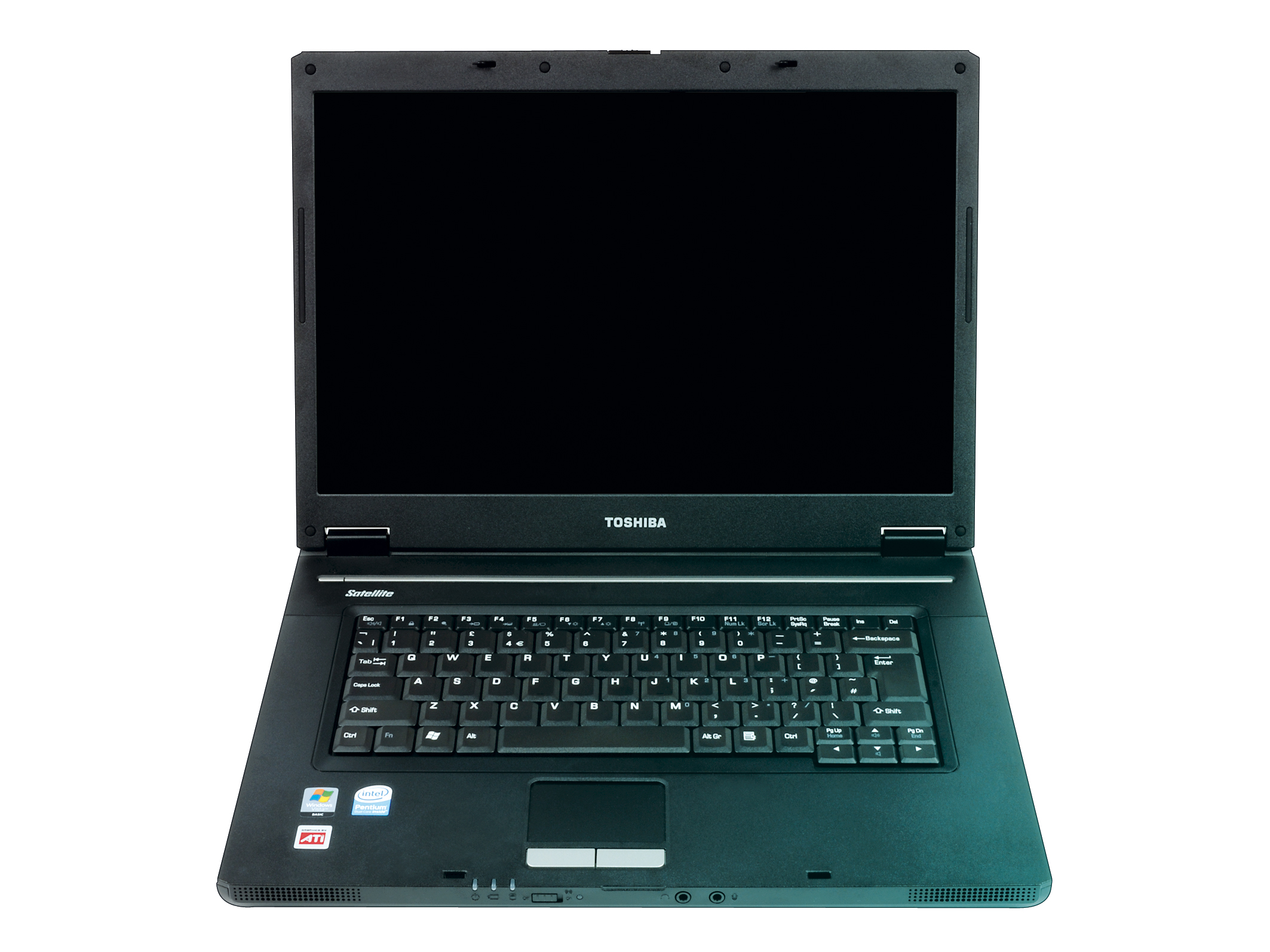TechRadar Verdict
Solid and reliable at a great price
Pros
- +
Good value for money
Strong and durable
Cons
- -
Weak battery life
Why you can trust TechRadar
Toshiba has been producing notebooks commercially longer than any other manufacturer, so you'd think it knows a trick or two about developing a great machine at a realistic price.
Well, in the case of the L30-10V it's partially succeeded. The price is right and there are a few design touches that make this an appealing PC. However, you'd be hard pushed to find anything special about it.
The body is made of tough plastic with a black and silver finish that will easily stand up to the wear and tear of being bashed about in your carry case. At 2.6kg this is a semi-portable machine that you should have little trouble carrying around with you.
Sadly, you're less likely to because the weakest part of this notebook is its battery life. We managed to get just 105 minutes from it, which at less than two hours isn't enough to make it worthwhile carrying around without a spare battery - available separately for £80.
Great keys
Toshiba offers this machine at a number of price points with the only difference being the core specification. This often works in the favour of those on a budget, because you'll find the same build quality as its most expensive machines.
A case in point is the keyboard that belies the entry-level price point. The keys are a little on the cramped side, but they're solid, firmly seated and extremely comfortable to use.
More expensive machines may sport Core 2 Duo processors, but the Satellite comes with a Core Duo chip. This is Intel's first-generation dual-core processor and runs with a 667MHz FSB instead of 800MHz found on the latest chips.
Sign up for breaking news, reviews, opinion, top tech deals, and more.
So, while it doesn't run at fast as we might like, it'll still handle multiple tasks without any serious slow down. With 1,024MB of memory in support, we found that it handled most tasks with relative ease.
The base specification is rounded out by a 60GB hard drive, which is a little on a small side. Toshiba reasons that in order to save money you do have to make sacrifices. If storage space isn't important, then you won't mind a smaller hard disk.
Fitted with a 15.4-inch screen, you'll find Toshiba has chosen to use a standard TFT panel instead of a glossy Super-TFT one. This hasn't been done to keep costs down (there's no price difference between the two technologies), it's to cut down on the reflections when using the notebook out and about.
That said, we found images weren't as sharp. When it comes to graphics, Toshiba has shied away from an Intel integrated chipset, instead opting for the ATI Radeon Xpress 200M chipset that's on a par with Intel's older GMA 950 integrated chip.
The Toshiba Satellite L30-10V may not be the most remarkable notebook, but that doesn't mean that it should be easily dismissed because as it offers great value for the price.
If you have a slightly bigger budget you can improve the basic configuration, but apart from the battery life we reckon that you'll be more than satisfied with the build quality.
Tech.co.uk was the former name of TechRadar.com. Its staff were at the forefront of the digital publishing revolution, and spearheaded the move to bring consumer technology journalism to its natural home – online. Many of the current TechRadar staff started life a Tech.co.uk staff writer, covering everything from the emerging smartphone market to the evolving market of personal computers. Think of it as the building blocks of the TechRadar you love today.
